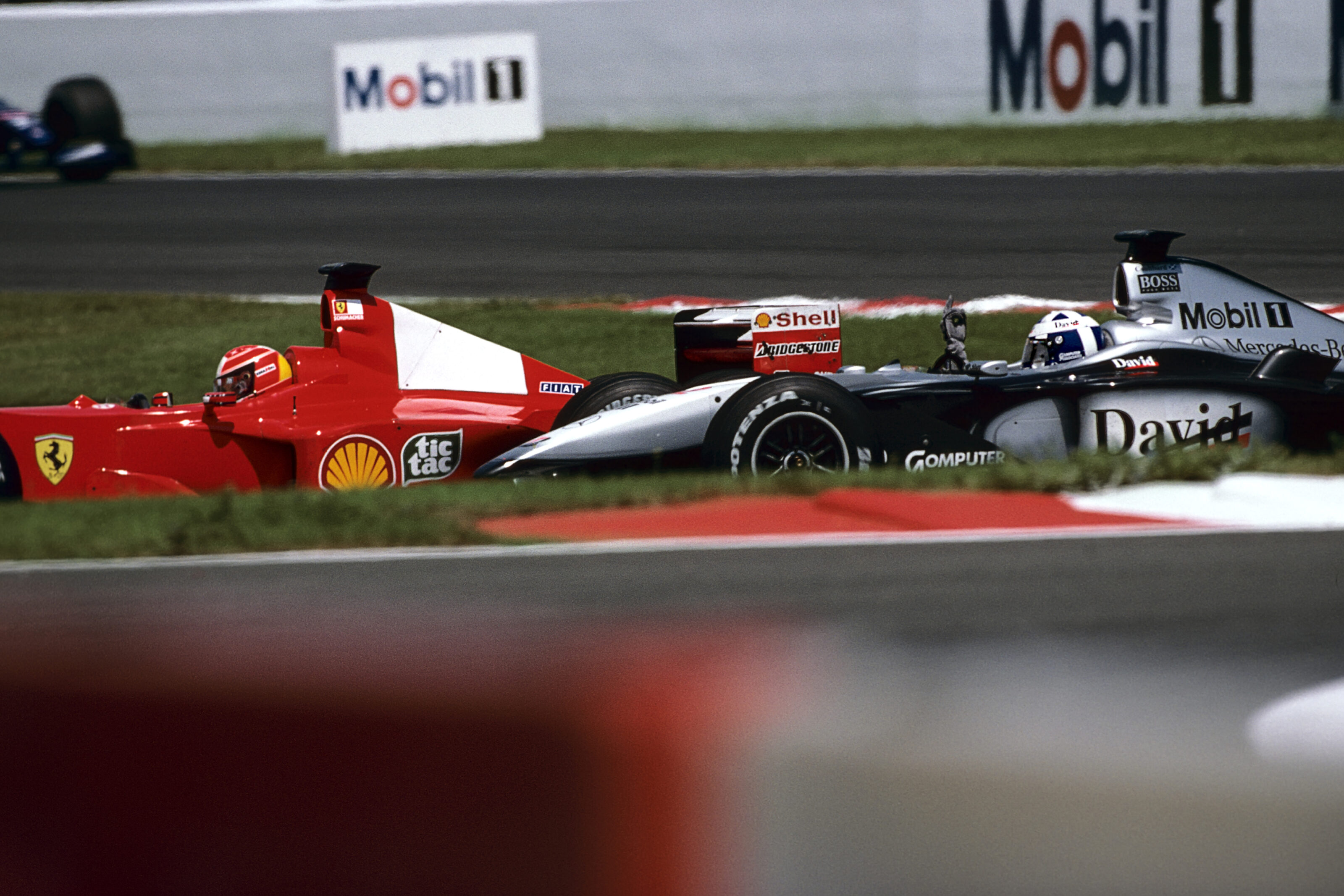Motorsport’s greatest championship battles all have one simple thing in common. And despite what organisers might want you to believe, it has nothing to do with what is contained in the rulebook. No amount of performance parity, restricted development, or affordable competition will ever make up for a good old fashioned battle between a hero and a villain.
While a hero and villain storyline doesn’t always improve the racing, the inclusion invariably results in more intrigue, greater drama, and an electrified fan base. So you can understand why promotors and pundits are eager to generate them from the meekest of pit-lane barbs. The US$18 billion Disney has made from superhero films should be explanation enough for the benefit even the simplest of antagonist v protagonist battles can generate. But, a perceived lack of compelling villains is hurting motorsport in an insidious and dangerous way.
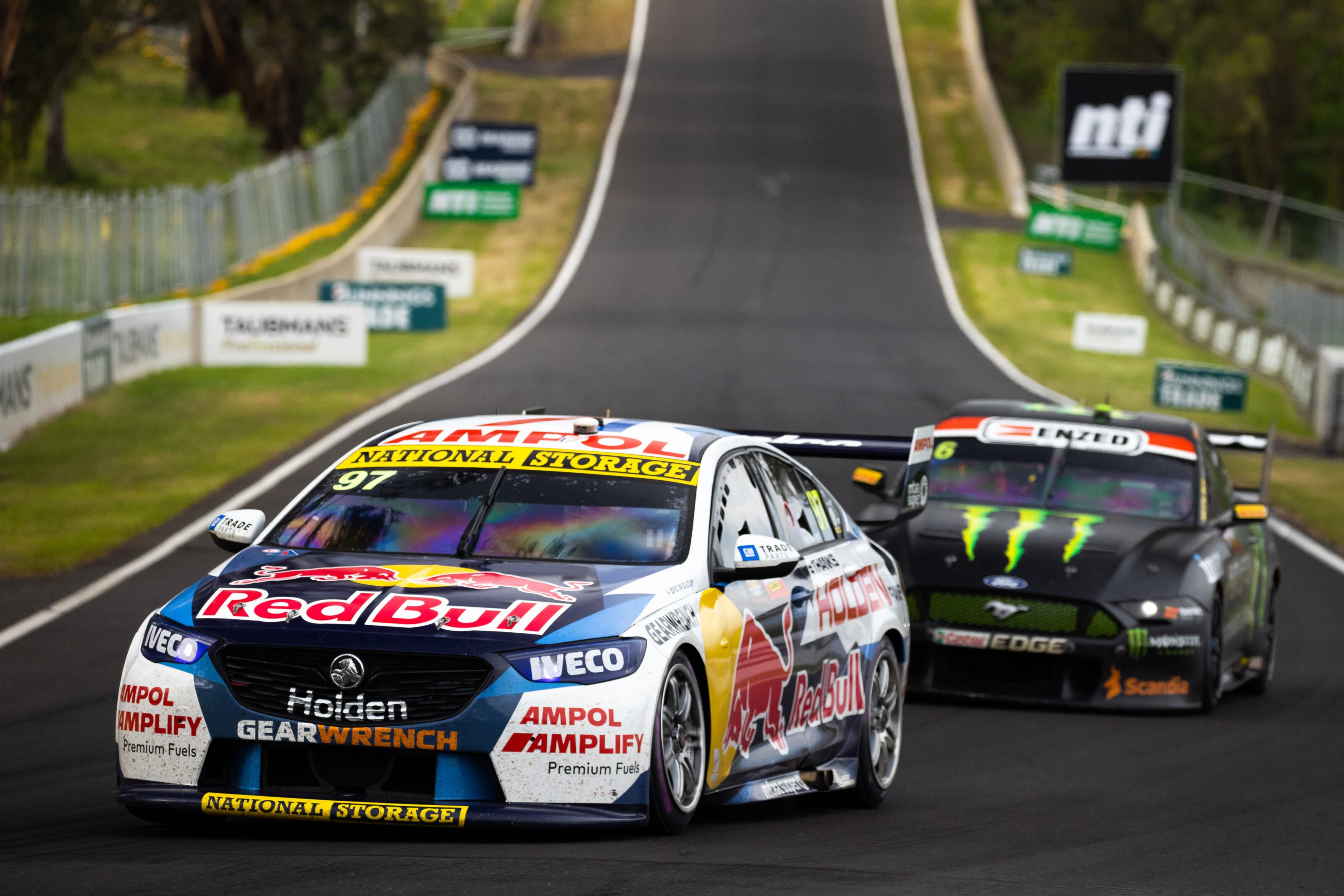
You see, most motorsport fans are all too quick to bemoan the sanitised PR-friendly personalities of modern drivers. While, yes, commercial realities do dictate a certain public image needs to be maintained, for most racers this can be down to one easy to overlook fact – they aren’t arseholes. Thing is, for a good hero and villain narrative they don’t need to be either. Two drivers can easily retain strong sportsmanship and a staunch rivalry – Shane van Gisbergen and Scott McLaughlin being prime examples.
The reality is that in most motorsport hero and villain story lines, there are simply two heroes facing off against each other, with the good and evil delineation determined by the colour on your sleeve. Think Ford v Ferrari, Senna v Prost, Brock v Moffat, V8s v SuperTouring – the ‘bad guy’ in each is a subjective call. For Supercars this year the showdown looks set to be between Cameron Waters and van Gisbergen, with the two sharing some good natured verbal barbs during the course of the championship so far – likewise Lewis Hamilton and Max Verstappen in F1.
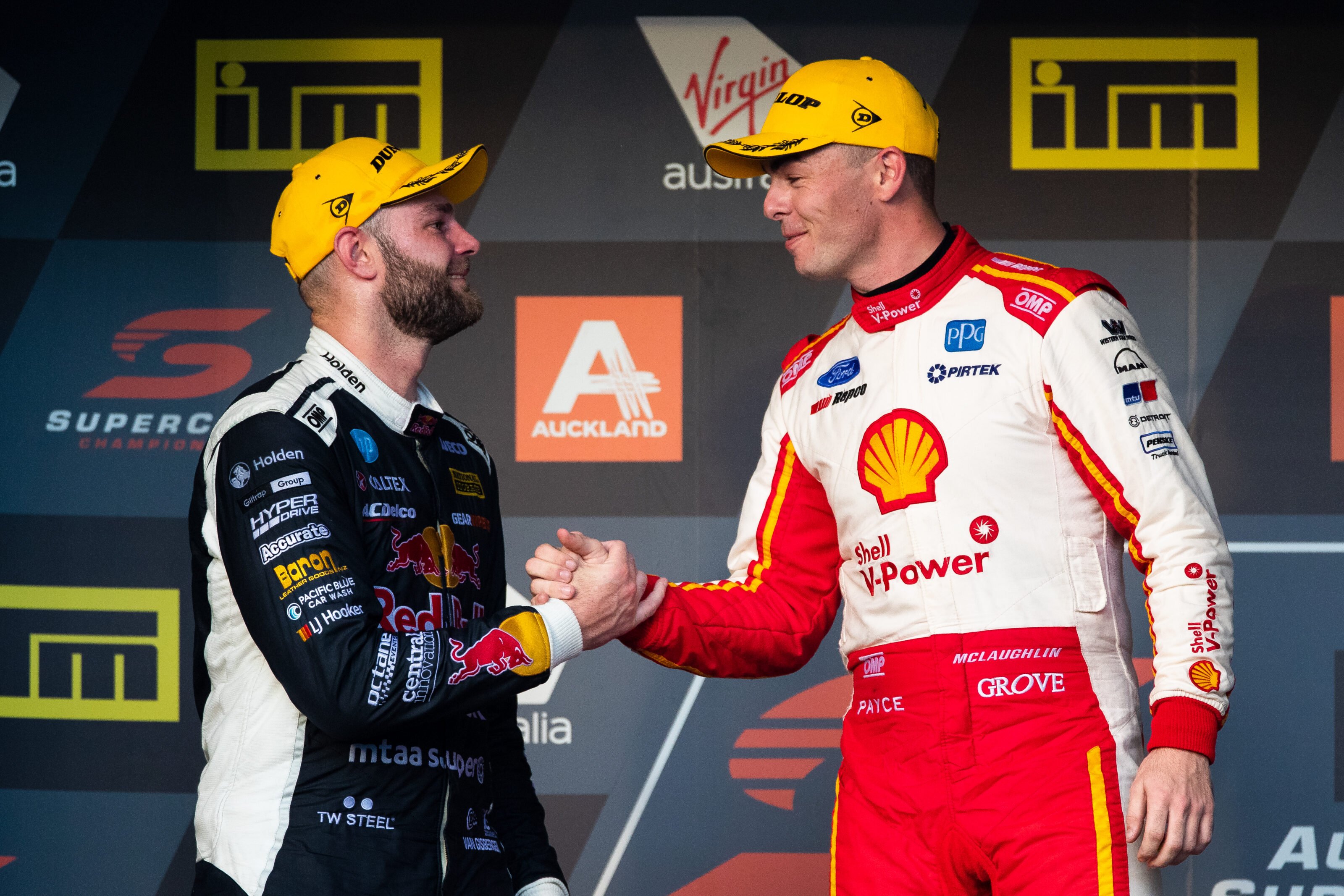
Few are willing to play the villain from the outset, but there are those who aren’t afraid to be outspoken. In the newly formed Hypercar class this role is being filled by millionaire Jim Glickenhaus’s pet project; Scuderia Cameron Glickenhaus. SCG is making itself out to be the plucky underdog taking on powerhouse factory efforts. Following SCG’s first successful test day that coincided with Ferrari announcing its return to Le Mans, the privately-funded outfit threw shade on Porsche, Toyota, Peugeot, and Audi’s corporate platitudes with a tweet that stated “Bring it Bitches”. Gordon Murray’s T.50s Niki Lauda also drew the account’s ire. While it’s all very ‘Louis Vuitton handbags at dawn’, you can’t deny it isn’t entertaining to watch, and sets the tone for a compelling storyline when all the players eventually meet at La Sarthe.
What motorsport doesn’t need is a villain like Nikita Mazepin – the son of a Russian billionaire who’s primed to be the ‘bad boy’ of F1 in ’21. When he wasn’t busy pushing drivers off track, and punching them in pit lane during his years in junior categories, Mazepin was filmed groping a clearly intoxicated female and posting the video to social media. But despite impassioned and justified outrage at the footage, and all the bluff and bluster of F1’s ‘We Race As One’ message, the man who posted himself sexually assaulting someone to the internet retained his seat at Haas.
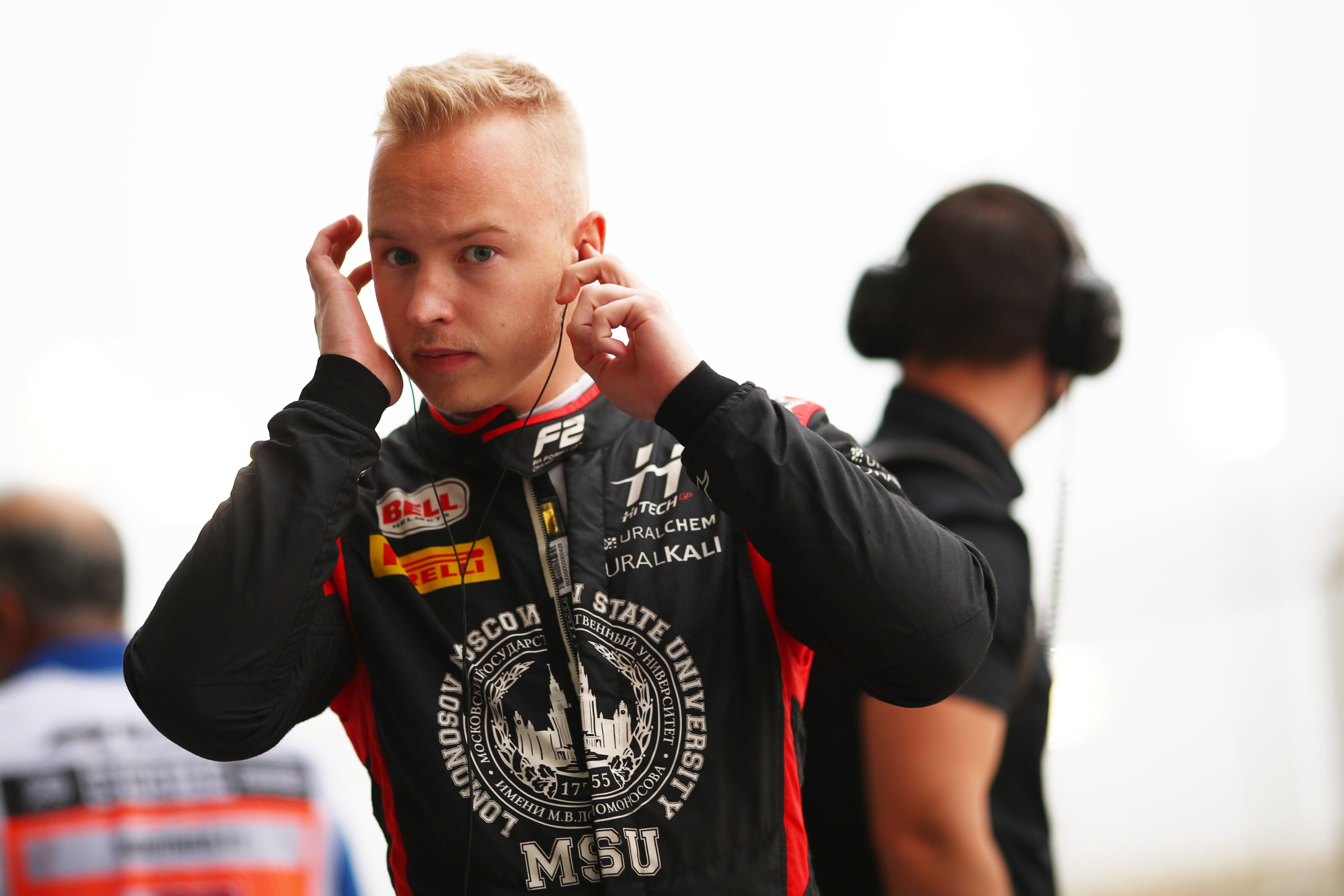
Unfortunately, this isn’t a new problem. Historically, drivers have been relatively immune from consequences for off-track actions. Former F1 driver Jos Verstappen spent three more years on the grid after being found guilty in 2000 of fracturing a man’s skull at a karting event two years prior. He remains in the paddock as part of his son’s entourage, despite being found guilty of breaking a restraining order.
The fact that both Verstappen Snr and Mazepin continued their careers without any great consequence isn’t surprising, but it is disappointing. That won’t change the fact they are a blight on the sport, and exemplify racing’s continued willingness to turn a blind eye where expedient. If motorsport wants a moral base of any merit to go alongside its environmental ambitions, it’s time to rid our orchard of the bad apples – not by creating a meaningless slogan, but by excising the cancer permanently. Racing may need villains, but it doesn’t need blokes like those two.
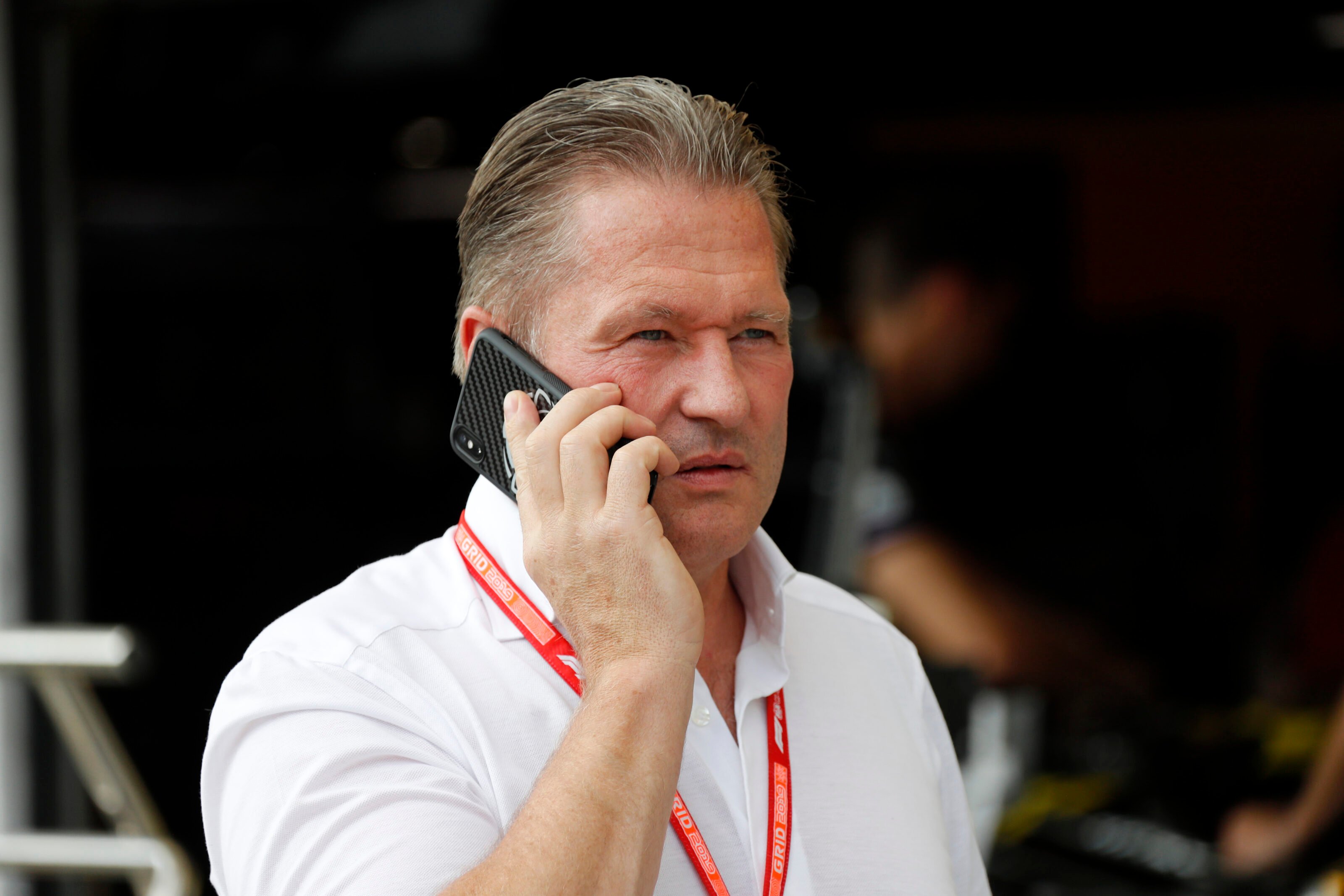
We recommend
-
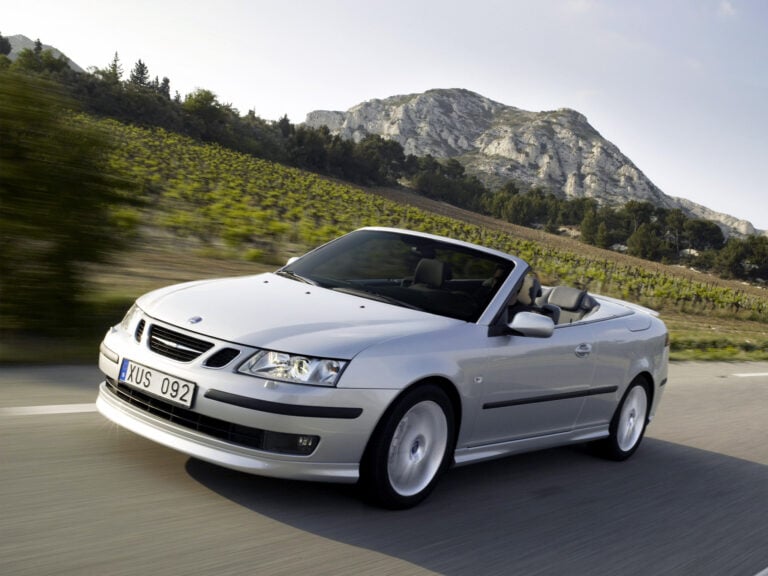 News
NewsOpinion: Sometimes the weirdest car choices are the best
Next time one of your mates buys a car that makes you want to laugh, ask ’em a few questions to get a handle on why
-
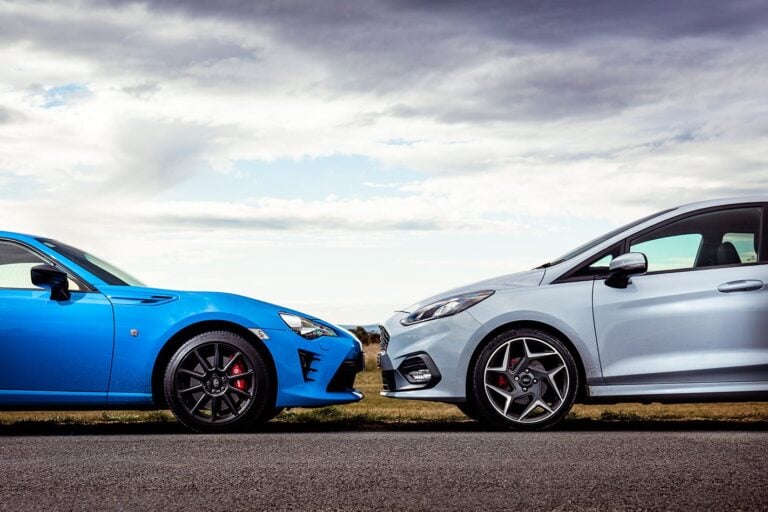 Opinion
OpinionOpinion: Would cars be as good if the drivetrain was flipped?
Newman wonders: does swapping the driven wheels alter a car's excellence?
-
 Opinion
OpinionOpinion: Why you shouldn't keep your first car
An old car may make zero economic sense but, to Dan, it makes perfect emotional sense


